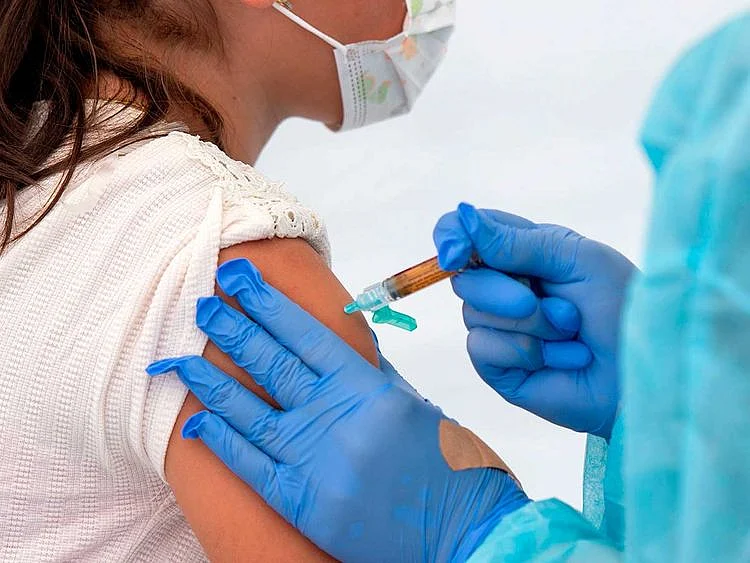UAE approves National Policy on Vaccinations
This is a multi-sectoral national framework for combating communicable diseases

Also In This Package
IPL in UAE: Teams show the right attitude for battle
IPL: Players on learning curve for Teachers Day
IPL in UAE: Team spirit prevails for relaxing players
From the editors: COVID-19 recoveries milestone
10 films and shows to stream in the UAE in September
What is happening around the world?
All the cool, fun activities you’ve missed in the UAE
Dubai: The UAE cabinet on Monday approved the National Policy on Vaccinations, which is a multi-sectoral national framework for combating communicable diseases and reducing their risks to individuals and society.
The National Policy on Vaccinations ensures the best quality of vaccination services and preventive care all over the country and enhances the UAE’s position as a regional and international healthcare hub.
Also Read
IPL in UAE: Players on a learning curve for Indian Teachers DayNews in pictures: Typhoon hits Korea, Sushant case, UAE public sector, Saudi King-Trump talk, plane cabins, oil skid, Indonesia quake, India metro, Pakistan schools…From the editors: COVID-19 recoveries milestone achieved in the UAE COVID-19: In photos, Meet UAE’s food delivery heroesThe cabinet was chaired by His Highness Sheikh Mohammed bin Rashid Al Maktoum, Vice President, Prime Minister and Ruler of Dubai.
The policy, which serves as a coordinating framework among all bodies involved in the field of immunizations, will support the UAE health system and enhance the efficiency of the services provided.
It aims to engage the non-governmental sector and society in developing the health system to protect the UAE community against communicable diseases and control them. It also aims to promote healthy lifestyles to curb communicable diseases, and provide comprehensive healthcare services of top-notch quality nationwide.
The policy will also help enhance the comprehensive coverage, sustainability and quality of immunizations and promote the public awareness on the importance of immunizations, and strengthen information systems, innovation and research capacity in the field of vaccinations.
Other objectives also include supporting the response and control of the health situation in emergencies and disease outbreaks, and continuously improving the public health situation in the society.
The policy will further boost the country's position as a regional and international healthcare hub and raise its competitiveness. It will also help develop a comprehensive and sustainable health system, and provide the best quality immunization services compatible with global and national safety practices.
Sign up for the Daily Briefing
Get the latest news and updates straight to your inbox
Network Links
GN StoreDownload our app
© Al Nisr Publishing LLC 2026. All rights reserved.